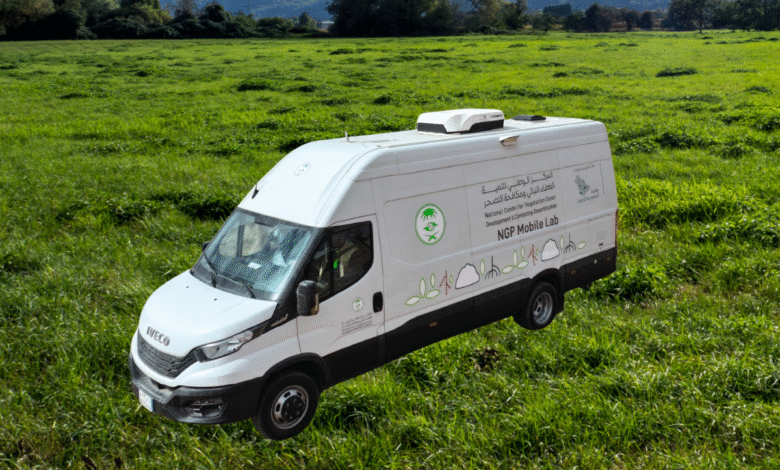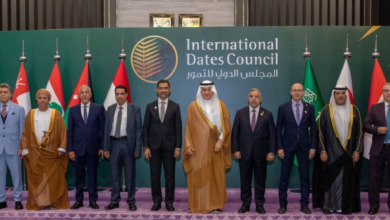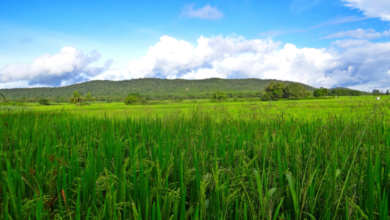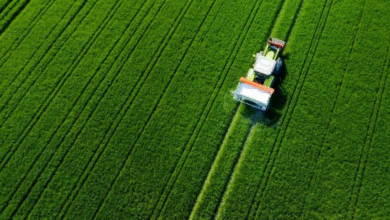
The Mobile Laboratory: A Qualitative Leap to Enhance Afforestation Efforts and Combat Desertification in Pursuit of Environmental Sustainability
Kingdom of Saudi Arabia
The National Greening Program has made significant qualitative strides in advancing environmental sustainability in the Kingdom by expanding vegetation cover, combating desertification, supporting and promoting afforestation efforts, and rehabilitating degraded lands. These efforts aim to achieve the goals of the Saudi Green Initiative, which targets planting 10 billion trees across the Kingdom—equivalent to rehabilitating 40 million hectares of land—and leading a green era both locally and globally, in line with the objectives of Saudi Vision 2030.
The use of the “mobile laboratory” in afforestation and desertification control projects represents a fundamental step to support and enhance afforestation and environmental rehabilitation. It marks a qualitative leap in employing modern tools to improve the quality and efficiency of afforestation operations and to enable rapid and accurate decision-making in support of vegetation sustainability projects.
The program explained that the “mobile laboratory” aims to conduct field analyses related to soil, water, and plants, and to monitor environmental factors affecting vegetation cover, such as soil quality, moisture, and plant health. It also enables sustainable monitoring of vegetation through the provision of accurate, real-time data that improves decision-making efficiency, enhances project sustainability, supports environmental monitoring, and strengthens rehabilitation measures in targeted sites. Additionally, it reduces losses in afforestation, ensuring the long-term sustainability of afforestation projects.
The program noted that achieving these goals will contribute to positive outcomes across afforestation activities, including reducing the time required to obtain accurate, real-time results through on-site analyses, providing integrated environmental data from soil, water, climate, and plant health assessments. These efforts help identify suitable cultivation sites, determine the most appropriate plant species for different locations, increase seedling survival rates, and reduce costs associated with losses—all in support of sustainability.
The National Greening Program also highlighted other technical advantages of the “mobile laboratory,” such as a digital system for instant data upload and integration with the databases of the National Center for Vegetation Cover Development and Combating Desertification.
It is worth noting that the use of the “mobile laboratory” in afforestation projects serves as a key pillar for the success of large-scale afforestation initiatives. It contributes to the development of a precise national database on soil conditions and vegetation cover in the Kingdom, thereby strengthening its regional and international standing.








